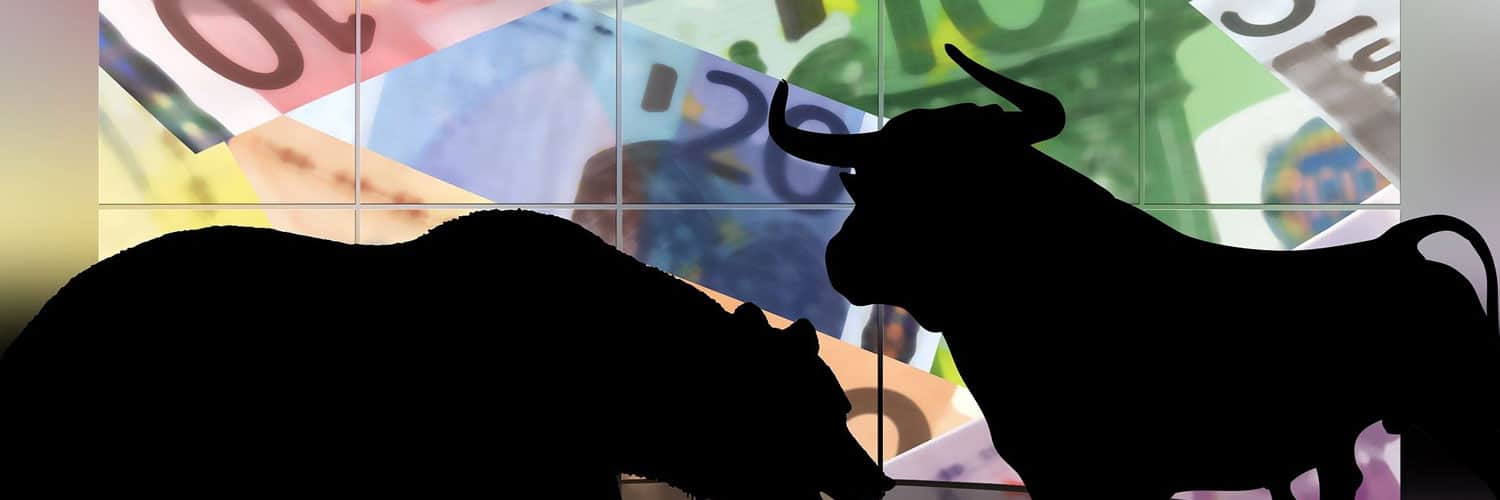Some of the most common terms in the financial world are stocks and the stock market. And synonymous to those terms are initial public offering and public companies.
Not all companies can be traded by investors and brokers. For a company to set its foot on the stock market, it must first hold an initial public offering.

What is an Initial Public Offering?
Commonly known as an IPO, an Initial Public Offering refers to the set or process of literally offering the shares of a private company. Allowing the public to acquire its shares in a new stock issuance. Once a company holds its initial public offering, it will be considered as a public corporation.
Selling shares publicly allows the business to raise capital from the public investors buying its shares.
What does an IPO mean for a company?
Transitioning from a privately owned company to a public one is crucial to a corporation. It helps private investors acknowledge the gains from their investments which usually include share premiums. On the other hand, an IPO allows public investors to participate in the country’s offering.
Well, a business that is planning to make a public offering will need to select an underwriter or underwriters, to begin with. The transitioning public companies will choose an exchange that will determine which shares can be issued and traded publicly.
The hype on Initial Public Offerings
Well, brokers and traders in Wall Street are always eager to hear news about initial public offerings. Experts and investors from all across the globe are also waiting for such events.
From giant technology companies like Apple and Alibaba to crude producing companies such as Saudi Aramco. An initial public offering is always anticipated by the market especially if it’s a big name.
Before being overthrown just late last year, the smartphone giant, Apple held the record for being the biggest IPO. Now, the king is Saudi Aramco. More on that below.
Every time a piece of news about a company wanting to hold an initial public offering is aired, investors immediately focus their attention on it.
Sudden stop
The devastating economic slump more than ten years from now saw a sudden stop in new initial public offerings. Lesser companies wanted to become a public company because of the struggling economy.
New listings were awfully rare during that time and it took a few years for things to get back to usual.
And now, the recent trend with IPOs are those what they call unicorn companies. Those are startup private companies that have finally reached a valuation of more than $1 billion.
The media and investors are always swarming towards news about unicorn companies and whether their decision to become a public company pays off.
Understanding public companies
Public corporations don’t start grand, after all, one of the main reasons why companies are going public is to generate funds.
Also, it’s worth noting that during initial public offerings, most companies do not offer the whole percentage of shares. Meaning, most Publicly traded businesses have a small percentage of their shares initially floating for the public to trade.
A business is considered “public” because its stakeholders can be anyone who can purchase stocks. A public company must first meet regulatory requirements before launching itself to the stock exchange. And some of the most known corporations and businesses are publicly listed. Among them is Apple, Tesla, Chevron, Alphabet – Google’s parent company, and Walt Disney.
Biggest IPO
Mentioned above is Apple, the smartphone giant, used to hold the title of the biggest IPO in history. However, its reign came to an end just recently when the Kingdom of Saudi Arabia launches its Saudi Aramco to the public.
Saudi Aramco, a behemoth in the oil industry, is now a public company. And its journey into clinching the biggest IPO record was closely watched by the globe.
Despite the massive figures, it reeled in, the initial public offering of Saudi Aramco reportedly failed to reach the aspirations of the crowned prince.
The company has emerged as one of the biggest and most valuable traded companies in history in December 2019. The company’s valuation reached a staggering $2 trillion, living up to expectations and the hype.
Saudi Aramco began trading its shares at about 32 Saudi Arabian riyals, that’s about $8.53 during that time’s exchange rate.
The massive feature was largely thanks to several political factors that played. The now-public company was already projected to climb to that height when news about an IPO started emerging.
What Are the Coming IPOs?
Well, as of writing, the globe is facing a broad economic uncertainty. This suggests that lesser companies would want to become public.
However, this doesn’t stop the already public companies such as Moderna Inc., a company working on a coronavirus vaccine, to hold another offer.
